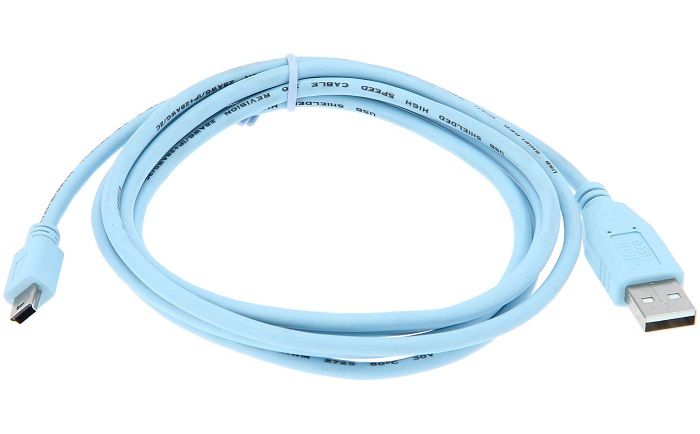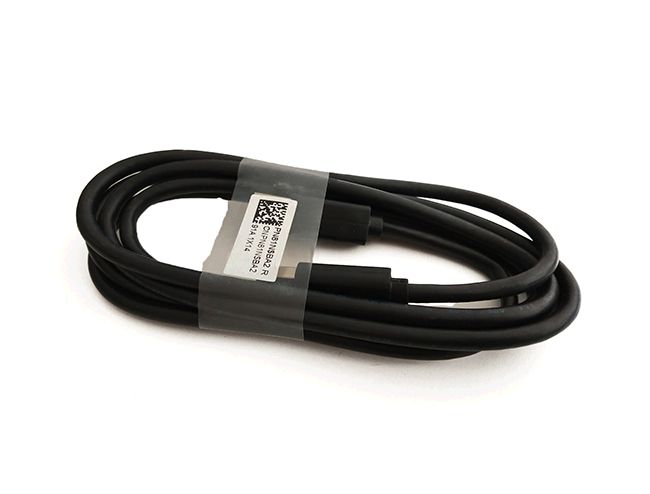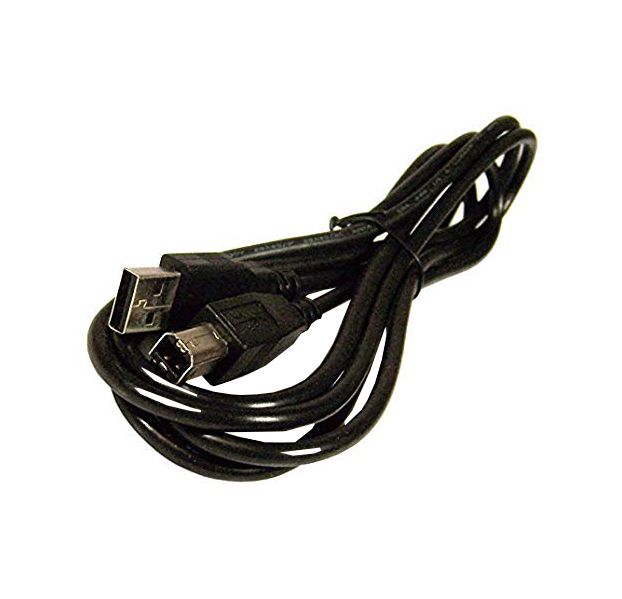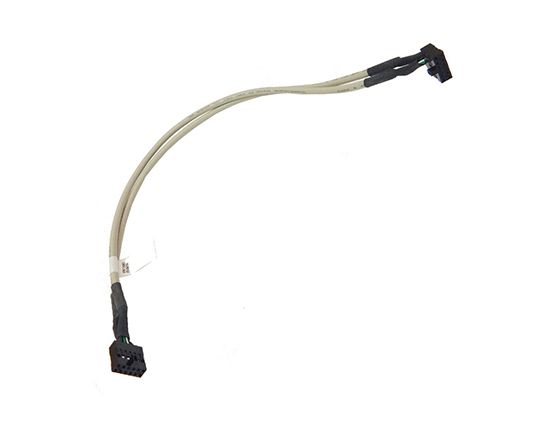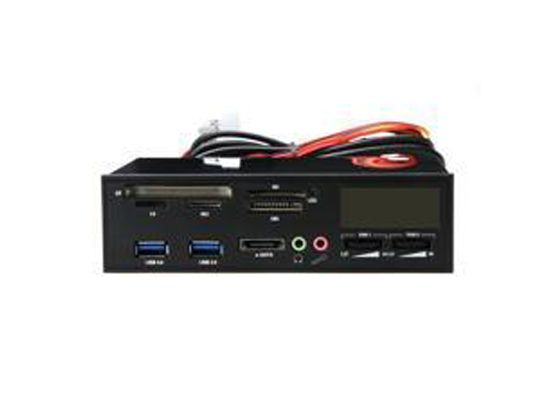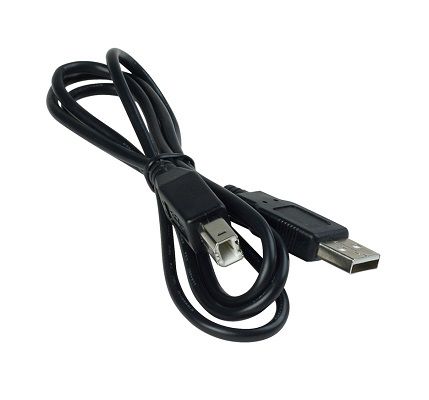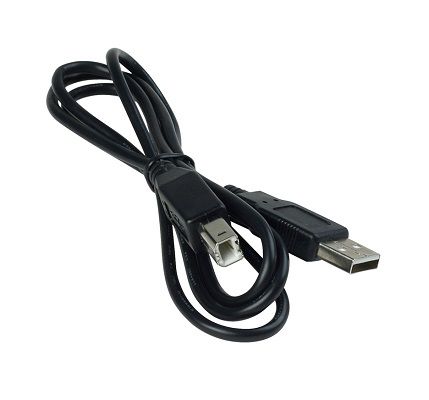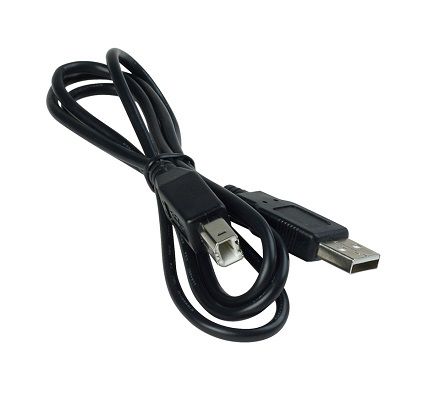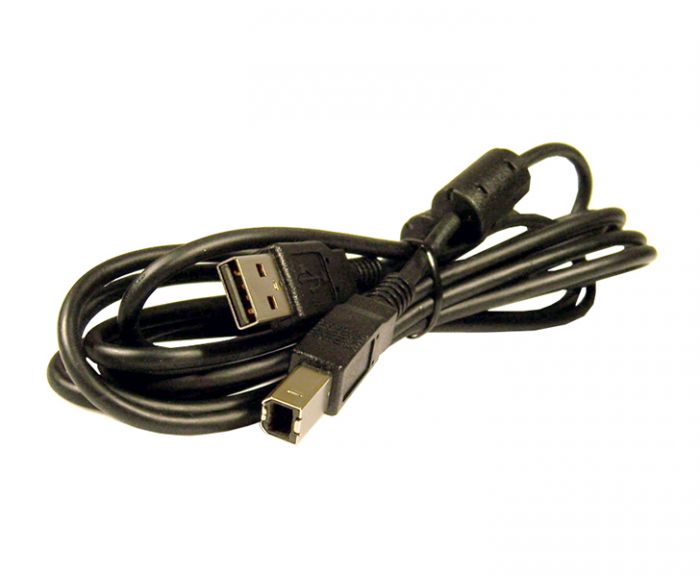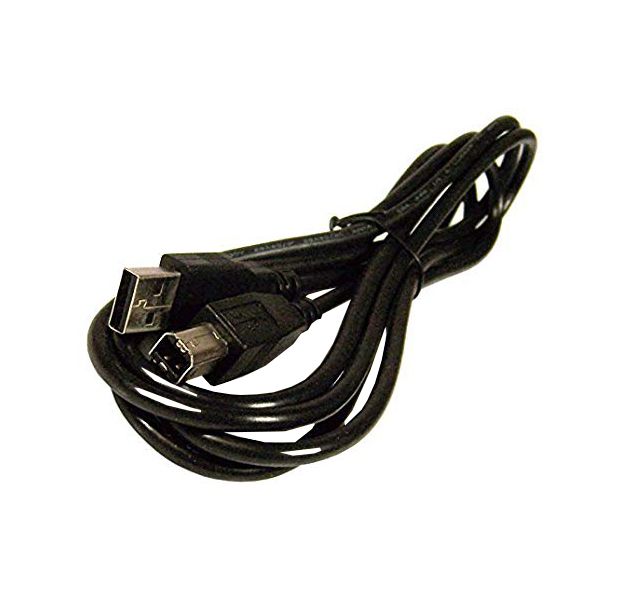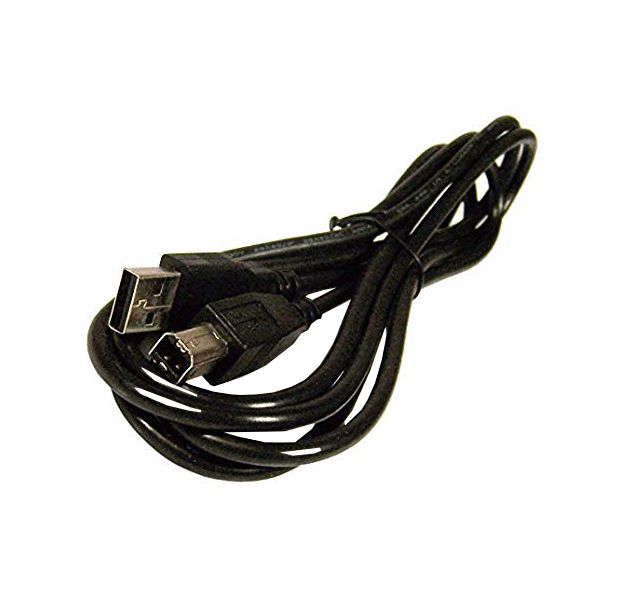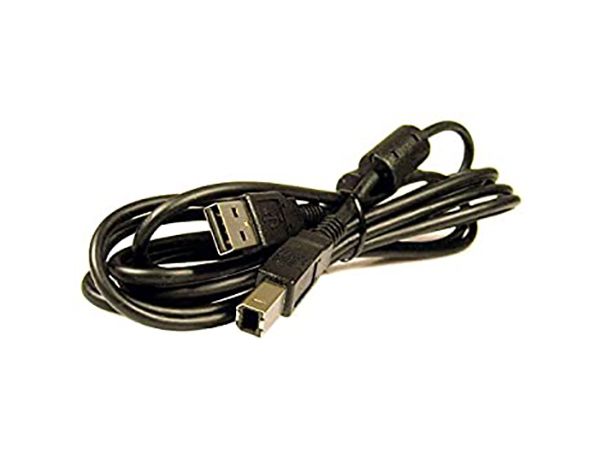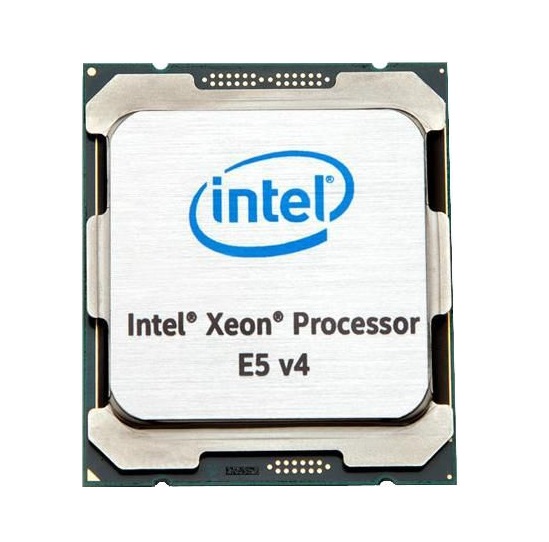CPUs and Processors
Welcome to our online store, where we offer a wide range of CPUs and processors for your computing needs. Whether you're building a new computer or upgrading your existing system, we have the right CPU or processor for you.
CPUs (Central Processing Units) and processors are the most important component of a computer system. They are responsible for executing all the commands and processing data. A good CPU or processor can make a significant difference in the performance of your computer, making it faster and more responsive.
Benefits:
High performance:A good CPU or processor can significantly improve the performance of your computer, making it faster and more responsive.
CPUs (Central Processing Units) and processors are the most important component of a computer system. They are responsible for executing all the commands and processing data. A good CPU or processor can make a significant difference in the performance of your computer, making it faster and more responsive.
USB (Universal Serial Bus) cables are used to connect a variety of computer peripherals to a computer or other electronic device. The cables are designed to provide power and data transfer between the device and the computer, making it easy to transfer files, charge devices, and connect a variety of peripherals. There are several types of USB cables, each with different connector types and speeds. The most common type of USB cable, with a rectangular shape and flat connector, plugs into a USB port on a computer or device. A square-shaped connector is commonly used to connect printers and other peripherals to a computer. A smaller version of the USB Type-B connector is commonly used for connecting mobile devices, digital cameras, and other smaller peripherals. An even smaller version of the USB Type-B connector, commonly used for connecting smartphones, tablets, and other mobile devices. A reversible connector that can be plugged in either way, making it easier to use. This connector is becoming more common on newer devices, such as laptops and smartphones. The first versions of USB, with transfer speeds of up to 12 Mbps. A faster version of USB, with transfer speeds of up to 480 Mbps. The latest versions of USB, with transfer speeds of up to 5 Gbps (USB 3.0), 10 Gbps (USB 3.1), and 20 Gbps (USB 3.2). USB cables are commonly used for charging mobile devices, such as smartphones and tablets. USB cables can be used to transfer files between devices, such as transferring photos from a digital camera to a computer. USB cables are used to connect a variety of computer peripherals, such as printers, scanners, and external hard drives. USB cables can be used to connect audio and video devices, such as microphones and webcams. USB cables are an essential component for connecting a variety of computer peripherals and mobile devices. With different types and speeds to choose from, it's important to select the right USB cable for your needs and ensure that it's properly installed and maintained over time. Regular cleaning, checking for damage, and proper use can help to ensure that your USB cable remains reliable and efficient and that your computer system performs at its best.USB Cables
Types of USB Cables:
USB Type-A:
USB Type-B:
Mini-USB:
Micro-USB:
USB Type-C:
Speeds of USB Cables:
USB 1.0/1.1:
USB 2.0:
USB 3.0/3.1/3.2:
Uses of USB Cables:
Charging:
Data transfer:
Connecting peripherals:
Audio and video:
Conclusion:
